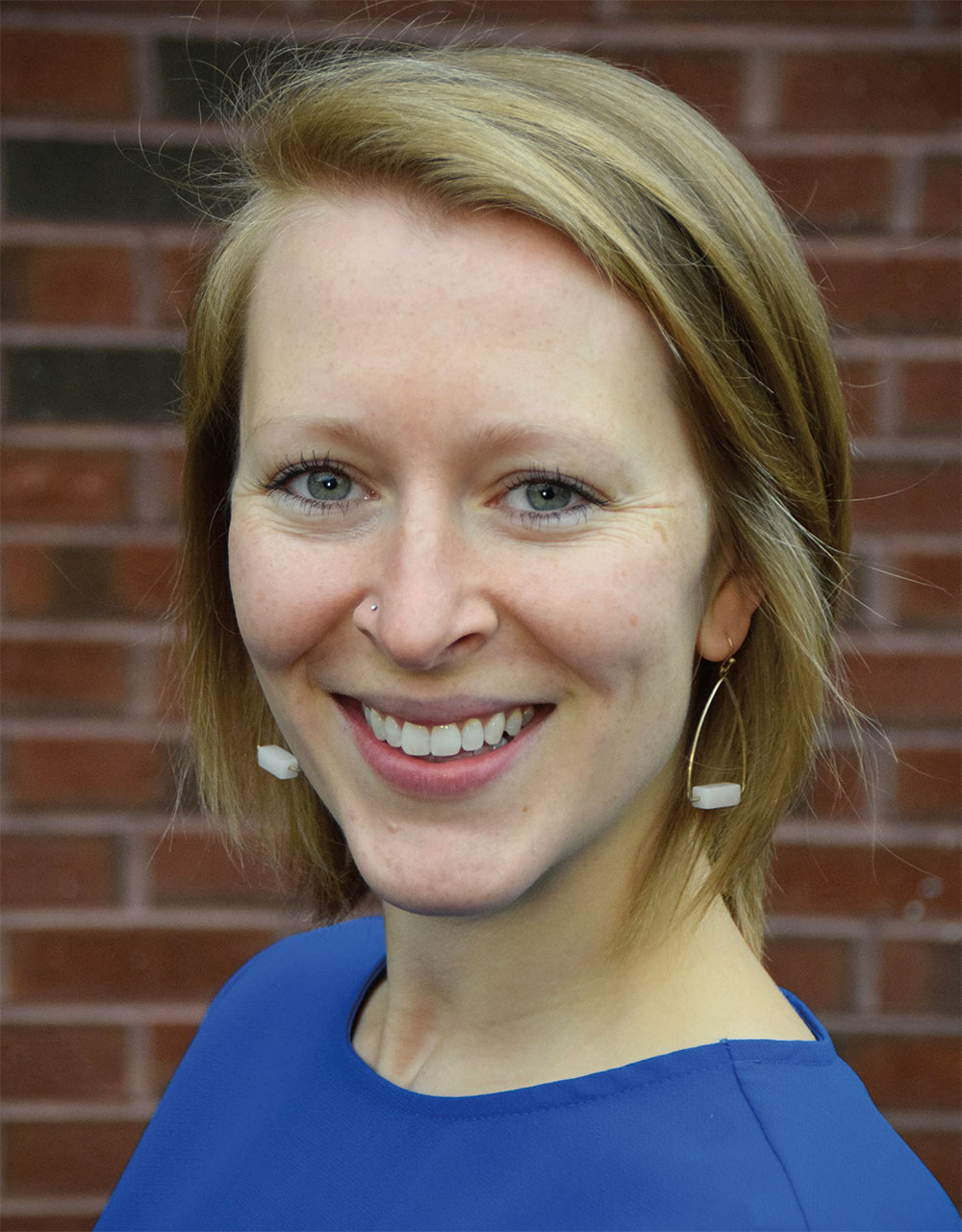During her three months on Rusinga Island in Western Kenya, the religious studies major helped local leaders secure funding for a health clinic to battle the HIV epidemic. Clarke-Schwelm observed the social stigma against HIV-positive people that disproportionately disadvantaged women. She also saw the impact that strong community leaders can have on addressing inequities.
For several years after graduation, she worked in public-health clinics in Honduras, Panama and Kenya to improve health care access and the social status of women. “Women can’t get jobs, run for office or be leaders in their communities if they’re sick or caring for people who are sick,” she says. “We have to address public health if we want the most marginalized people on this planet to have a shot at not only gaining equality but also pursuing the lives they want to live.”

Her current work is infused with the same spirit of empowerment that she discovered on Rusinga Island, where community leaders continue to launch women’s rights and public-health projects, with Clarke-Schwelm continuing to consult with them remotely.
“Local communities are fully capable of being the changemakers themselves, because they have the brilliance and the culturally appropriate solutions for the challenges that they face in this world,” Clarke-Schwelm says. “I’m so inspired by that, and it’s exactly why I do the work that I do.”